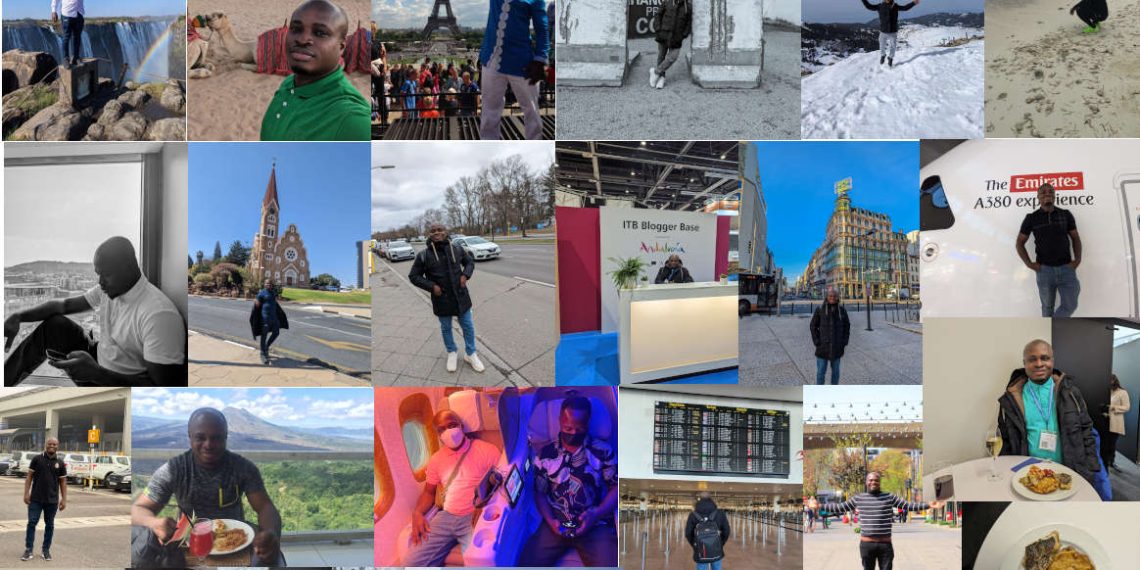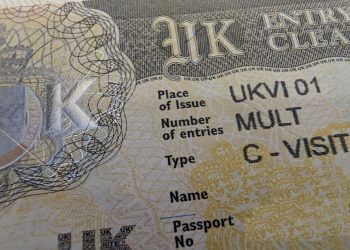Germany, a country with a rich and unique culture, has played a vital role in European history. Steeped in tradition and history, German culture has been molded by its place in the Holy Roman Empire and a stable economy. With a population of approximately 82.3 million, including Germans and minority groups from various cultures, Germany stands as a metropolitan country where different cultural backgrounds harmoniously coexist.
The German language, fashion, attractions, cuisines, religious practices, arts, architecture, sports, and celebration days form the core of German culture, reflecting a history that dates back to the first millennium.
The German people, known for their punctuality and hard work, have earned a reputation for drinking beer. With a low unemployment rate, Germany attracts people from all over the world. The main language spoken in Germany is German, but there are also four minority languages, including lower and upper Danish, Romani, Sorbian, and North and Saterland Frisian.
German cuisine is known for the consumption of beer, sausages (Wurst), and a variety of bread, as well as traditional vegan and vegetarian dishes. The nation’s contribution to classical music, art, literature, and architecture cannot be overstated. Germans also mark their lives with a range of celebration days, from weddings to funerals.
Germans are known for their dedication to sports, particularly football, with the Bundesliga attracting the second-largest attendance of any league in the world. The caring nature of the German people is evident in various aspects of daily life, such as their attentiveness to belongings and their supportive attitudes within the community. Whether through their language, cuisine, arts, or sports, German culture encapsulates a unique history and identity that continues to shape European culture to this day.
Original source: Jetsanza.com
Still have some travel questions? Ask in our Travel WhatsApp Group.








